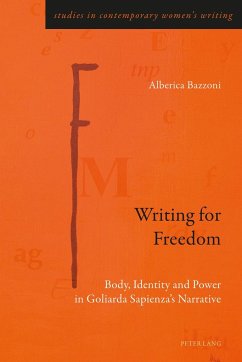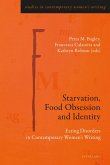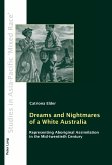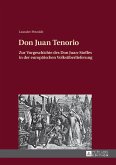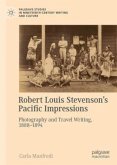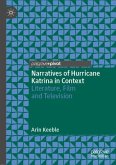Sicilian writer Goliarda Sapienza (1924-1996) is increasingly regarded as a central figure in modern Italian literature, especially with the international success of her masterpiece L'arte della gioia [The Art of Joy]. This book offers an in-depth analysis of Sapienza's major works, identifying their main themes and central poetics, and establishing her originality and significance within the context of twentieth-century Italian literature.
The study follows Sapienza's autofictional journey from the painful reconstruction of the self in Lettera aperta [Open Letter] and Il filo di mezzogiorno [Midday Thread], to Modesta's rebellious adventure in L'arte della gioia, to the playful portrayal of childhood in Io, Jean Gabin [I, Jean Gabin] and, finally, to the representation of prison life and queer desire in L'università di Rebibbia [Rebibbia University] and Le certezze del dubbio [The Certainties of Doubt]. Themes of freedom, the body, nonconformist gender identities and sexuality, autobiography and political commitment are explored in connection to a variety of philosophical discourses, including Marxism, feminism, psychoanalysis and queer theory. From a position of marginality and eccentricity, Sapienza gives voice to a radical aspiration to achieve freedom and social transformation, in which writing and literary communication are conferred a fundamental role.
This book was the winner of the 2015 Peter Lang Young Scholars Competition in Women's Studies.
The study follows Sapienza's autofictional journey from the painful reconstruction of the self in Lettera aperta [Open Letter] and Il filo di mezzogiorno [Midday Thread], to Modesta's rebellious adventure in L'arte della gioia, to the playful portrayal of childhood in Io, Jean Gabin [I, Jean Gabin] and, finally, to the representation of prison life and queer desire in L'università di Rebibbia [Rebibbia University] and Le certezze del dubbio [The Certainties of Doubt]. Themes of freedom, the body, nonconformist gender identities and sexuality, autobiography and political commitment are explored in connection to a variety of philosophical discourses, including Marxism, feminism, psychoanalysis and queer theory. From a position of marginality and eccentricity, Sapienza gives voice to a radical aspiration to achieve freedom and social transformation, in which writing and literary communication are conferred a fundamental role.
This book was the winner of the 2015 Peter Lang Young Scholars Competition in Women's Studies.

